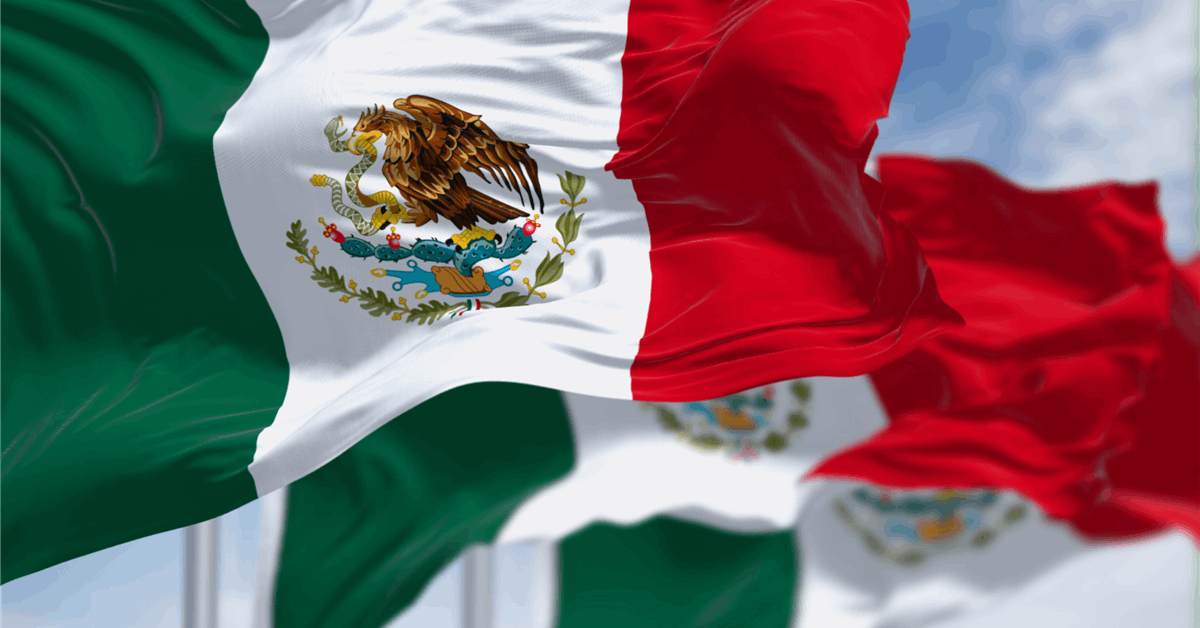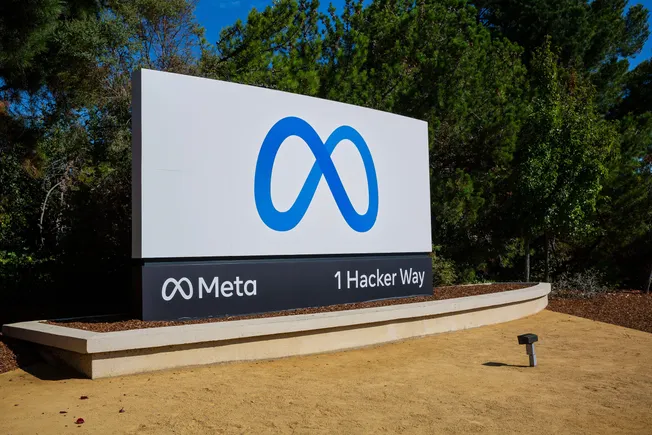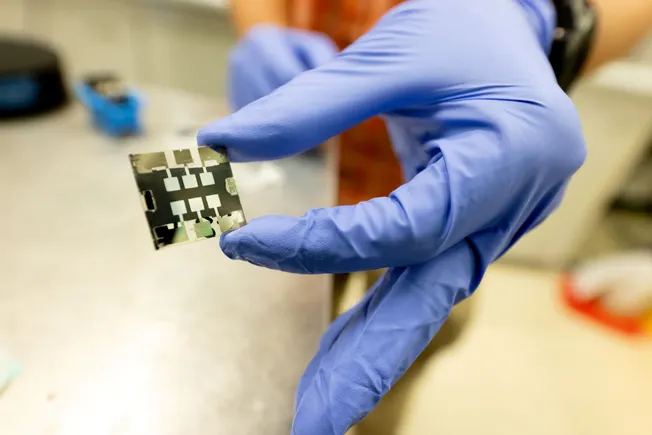
Mexico is looking to raise between $7 billion and $10 billion with a debt sale to shore up resources for battered state-owned oil company Petroleos Mexicanos, people familiar with the matter said.
The offering, disclosed in a filing earlier Tuesday, will consist of dollar-denominated debt maturing August 2030, in the form of amortizing pre-capitalized securities, or P-Caps, a type of instrument used in asset-backed finance.
The government “is implementing a series of measures to provide support to Pemex in the management and improvement of its balance sheet,” it said without providing details on the amount it plans to raise. Once issued, the P-Caps will not be consolidated with the liabilities of Pemex or Mexico, but “constitute public debt of the Mexican Government.”
Mexico’s finance ministry said in a statement that the operation would allow Pemex to address its short-term financial and operational needs. A Pemex spokesman didn’t respond to a request for comment.
Pemex bonds jumped across the curve on the news, with notes due in 2050 up about 2 cents on the dollar, according to Trace data, the best performers in the high-yield space. Five-year credit-default swaps for the oil company sank 41 basis points.
Fitch Ratings placed Pemex on Ratings Watch Positive late on Tuesday, saying that if successful, the transaction will improve the Mexican government’s track record of support for the company. The reassessment may result in a multiple notch upgrade for the driller into the BB category, Fitch said.
Mexico’s five-year CDS contracts, meanwhile, jumped almost 7 basis points to the highest level in a month, according to pricing data collected by Bloomberg. Sovereign dollar notes fell across the curve and were some of the worst performers in emerging markets on Tuesday.
Support
President Claudia Sheinbaum’s administration has been working on a broad plan to shore up the struggling state oil producer, which has a debt load of over $100 billion, including nearly $19 billion in bonds maturing next year.
As part of the plan, Pemex will open some of its key oil and gas fields to joint investment projects with private sector partners in a bid to boost production which has slumped to four-decade low.
“It’s a sign of support from Sheinbaum, which shows pragmatism and decisiveness,” said Armando Armenta, a senior economist at AllianceBernstein in New York. “The financial challenges were clouding the outlook and taking attention away from the company’s management and operational challenges. We hope they can start to address the latter soon.”
Structure
The offering will allow Mexico to borrow billions of dollars from debt investors to support Pemex, while keeping the obligations off its books.
Mexico, through an entity named Eagle Funding LuxCo., will sell the so-called P-Caps and use the proceeds of the sale to buy a portfolio of US government debt including Treasuries, according to the filing. Pemex will then take that portfolio and use it as collateral for loans through the repurchase market, using the proceeds as it sees fit, according to an offering memorandum seen by Bloomberg.
If Pemex isn’t able to pay back the loans, the banks will seize the collateral and end up whole. In that scenario, the investors in P-Caps would lose their collateral, and end up with sovereign debt from Mexico, according to a presentation seen by Bloomberg.
“This transaction is undoubtedly positive for Pemex as it gives them another financial lifeline to tie them over, at least for the next few years,” said Aaron Gifford, a senior sovereign analyst at T. Rowe Price. “The downside, however, is off balance sheet financing and reduced transparency which should cause investors concern, especially if this is the approach they’ll continue to take.”
P-Caps are typically used by insurance companies to tap capital markets without putting more obligations on their balance sheets.
In the Mexico deal, the securities are expected to come with investment-grade scores from both Moody’s Ratings and S&P Global Ratings, said the people. That will likely lower borrowing costs that are ultimately incurred by the Mexican government. Since its credit downgrade to junk during the pandemic, Pemex has lost a pool of investors who can’t buy sub-investment grade securities, adding to its debt woes.
The sale is expected as early as July 28, according to a person familiar with the matter. Mexico mandated JPMorgan to serve as sole structuring advisor and BofA Securities, Citi and JPMorgan as joint bookrunners on the deal, they added.
WHAT DO YOU THINK?
Generated by readers, the comments included herein do not reflect the views and opinions of Rigzone. All comments are subject to editorial review. Off-topic, inappropriate or insulting comments will be removed.





















